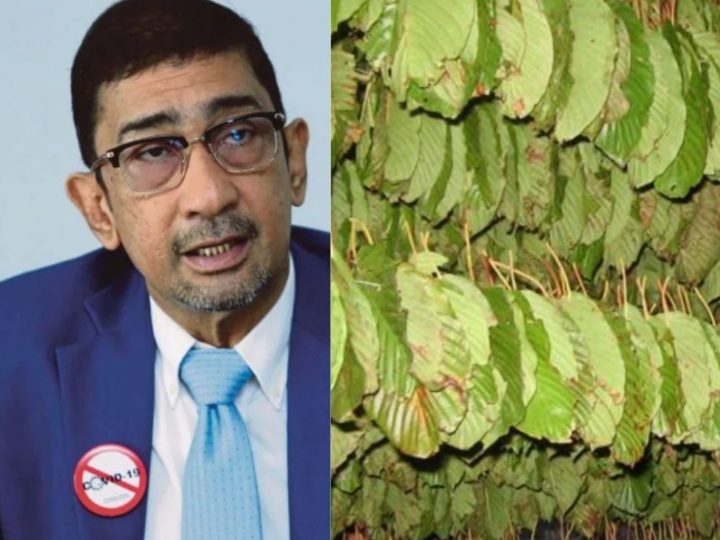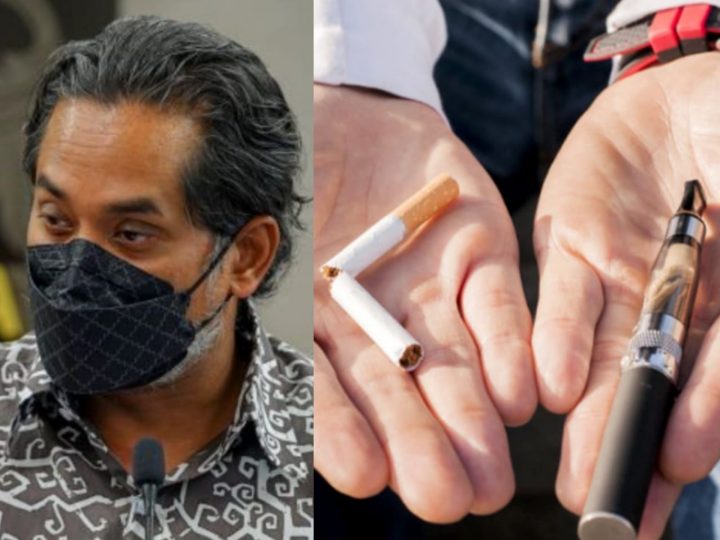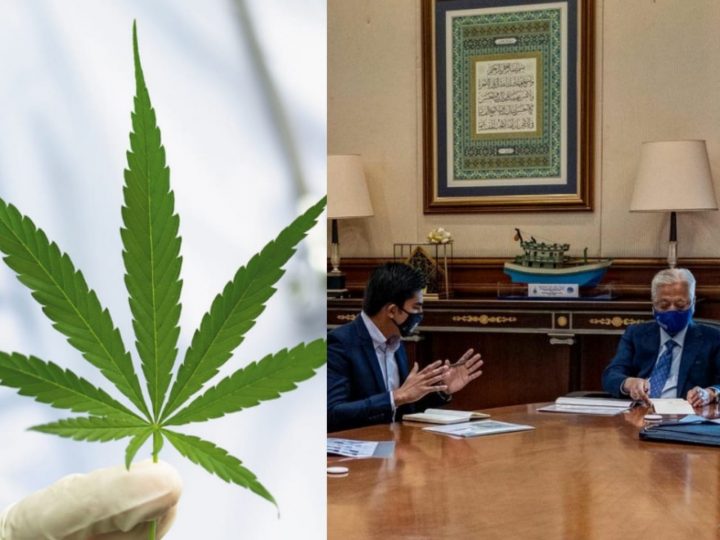Thai Govt Plans To Distribute 1 Million Free Cannabis Plants Nationwide This June, Says Minister
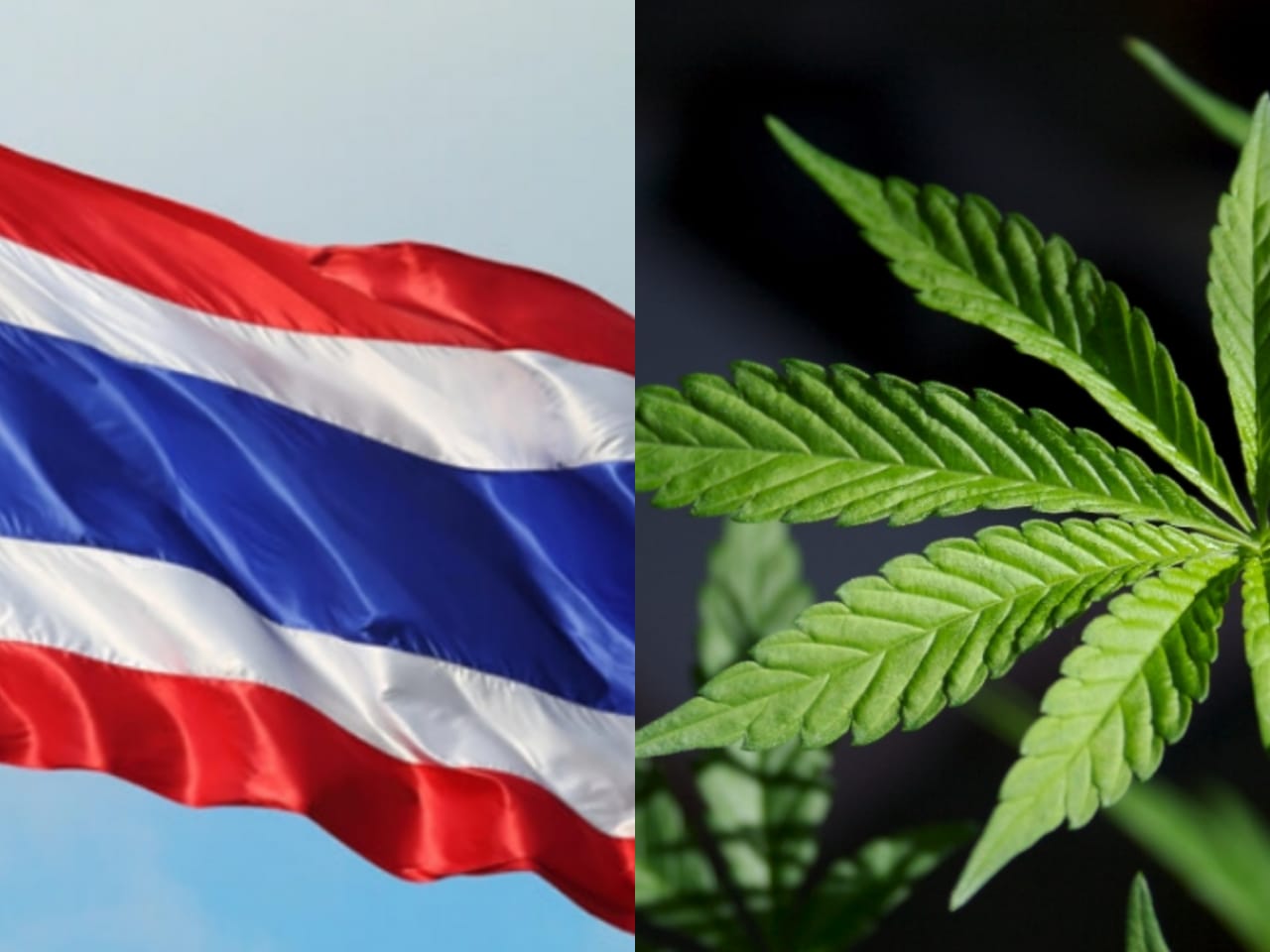 Thirsty for JUICE content? Quench your cravings on our Instagram, TikTok and WhatsApp
Thirsty for JUICE content? Quench your cravings on our Instagram, TikTok and WhatsApp
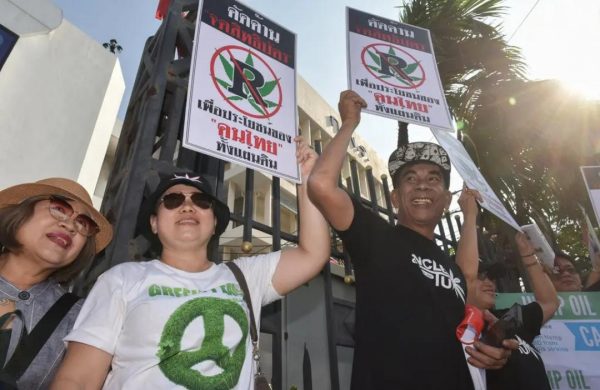
The Thai government plans to send one million free cannabis plants to families across the country in June to commemorate the implementation of a new rule enabling people to grow cannabis at home, according to the country’s health minister.
On May 8, Health Minister Anutin Charnvirakul revealed the decision in a Facebook post, expressing his desire to grow cannabis plants like “home crops.”
The new legislation, which takes effect on June 9, will enable citizens to cultivate medical-grade cannabis plants at home after alerting their local government, however the plants must be used solely for therapeutic purposes. Moreover, without further permissions, the cannabis cannot be used for commercial purposes.
Thailand’s strategy to market cannabis as a commercial crop has taken another step forward. According to the World Bank, agriculture employs around a third of the country’s workforce.
Thailand became the first country in Southeast Asia to legalise cannabis for medicinal study and consumption in 2018, in a region known for harsh punishments against illegal substances.
Local cannabis regulations have also been relaxed in the nation. Once their use in consumer items was permitted last year, Thai beverages and cosmetics manufacturers hastened to produce products containing hemp and CBD, a non-psychoactive ingredient.

On May 11, the National News Bureau wrote on Facebook that Thai enterprises who were qualified to do so will be permitted to sell cannabis products with less than 0.2 tetrahydrocannabinol, or THC, the psychoactive component of the plant.
“This will enable people and the government to generate more than 10 billion baht per year in revenue from marijuana and hemp,” they wrote.
The regulation, according to Kitty Chopaka, a cannabis entrepreneur in Bangkok, was intended to allow people to consume the plant in medical teas or soups.
“If you don’t have a legitimate prescription, it will still be deemed illegal, and you must be a patient with a medical condition for this to work. Only then will you be authorized to cultivate cannabis at home and use it as you see fit.”
“Smoking pot will happen, and there’s no chance the government can stop it,” she continued, despite the fact that recreational use of the drug remains prohibited.
As expected, the move triggered various kinds of reactions across the globe, each with a concern or of their own.
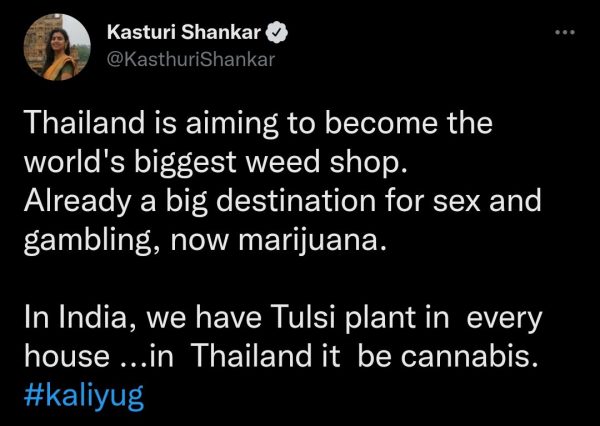

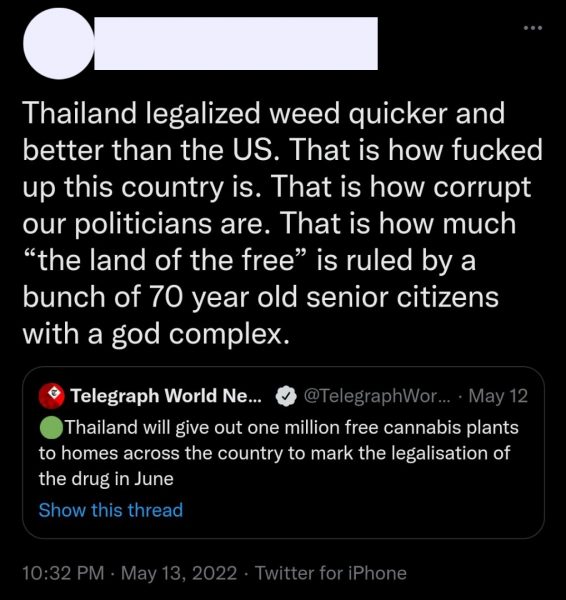
Others questioned what the new regulation had in store for individuals currently incarcerated for weed-related crimes.
Malaysian netizens shared confusion of the same nature last year when health minister Khairy Jamaluddin expressed his desire to introduce medical marijuana into the country upon receiving sufficient study-based evidence that the drug contains healing properties.
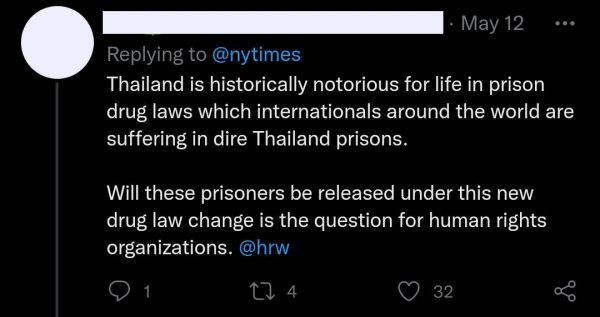


 Get Audio+
Get Audio+ Hot FM
Hot FM Kool 101
Kool 101 Eight FM
Eight FM Fly FM
Fly FM Molek FM
Molek FM